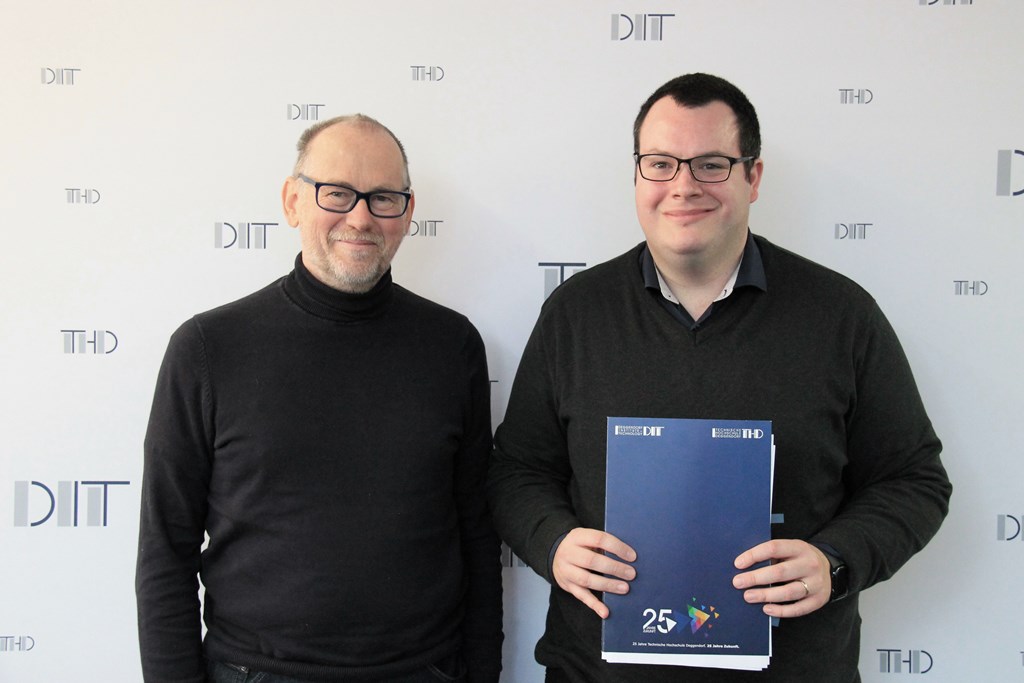Patrick Glauner, whose PhD was funded by an FNR Industrial Fellowship is to start a Full Professorship in AI at the Deggendorf Institute of Technology in Germany in February 2020.
Prof Dr Glauner’s area of expertise includes machine learning, computer vision and innovation management. His PhD project was a collaboration between the University of Luxembourg and CHOICE Technologies, a software company in the power engineering industry.
Glauner’s PhD thesis resulted in an AI algorithm that detects the non-technical losses (NTL) faced by power grids, such as electricity theft, broken or malfunctioning meters and arranged false meter readings.
“In emerging markets, NTL are a prime concern and often range up to 40% of the total electricity distributed. The annual world-wide costs for utilities due to NTL are estimated to be around USD 100 billion. Reducing NTL in order to increase revenue, profit and reliability of power grids is therefore of vital interest to utilities and authorities.”
Glauner’s PhD thesis has resulted in breakthrough results on real-world big data sets of millions of customers, and he underlines the support from the FNR’s research-meets-industry programme Industrial Fellowships (AFR-PPP at the time).
“I personally benefitted a lot from my AFR-PPP PhD project, as my research involved validation against industrial data and real-world requirements. Furthermore, thanks to the generous funding provided by FNR, I was able to attend a large number of conferences. There, I gave talks and tutorials that allowed me to discuss and share my research with others.
That experience proved to be very helpful when I looked for a job in industry at the end of my PhD research. I then joined Krones Group, a major mechanical engineering corporation in Germany. I was hired as manager and was responsible for the corporate AI strategy and its implementation along the corporate value chain and product portfolio.”
Being an exceptionally young professor, Glauner explains that working with and in industry benefitted him immensely in his career.
“In Germany, there is only a very limited number of positions between the levels of postdoc and full professor. However, there are opportunities for managers in industry to directly become full professors. Looking back, I am glad I switched to a full-time managerial role in industry at the time I was finishing my PhD. That experience then helped to make it very quickly to a full professorship.”
